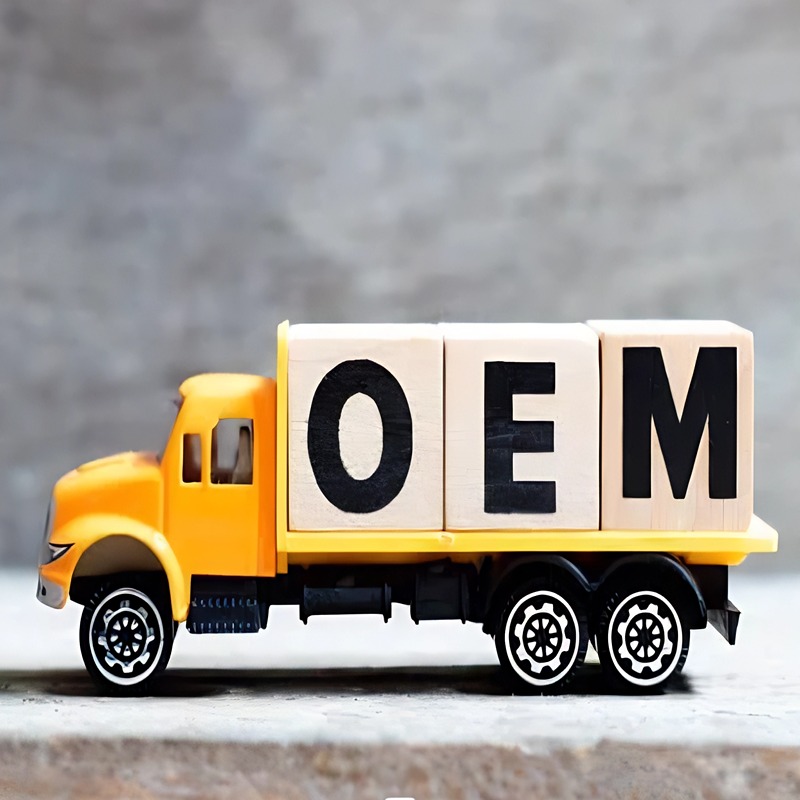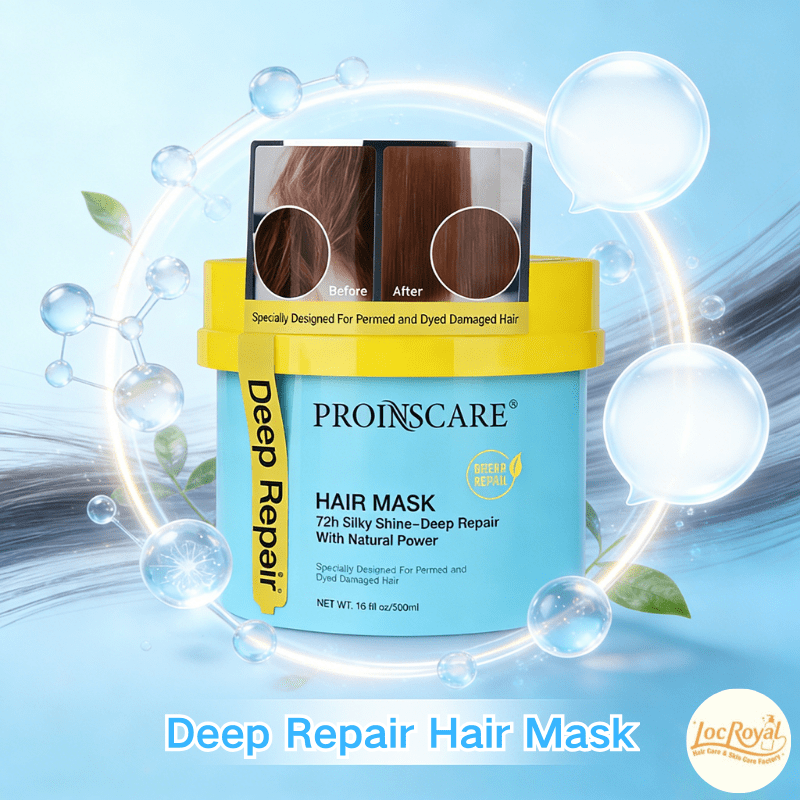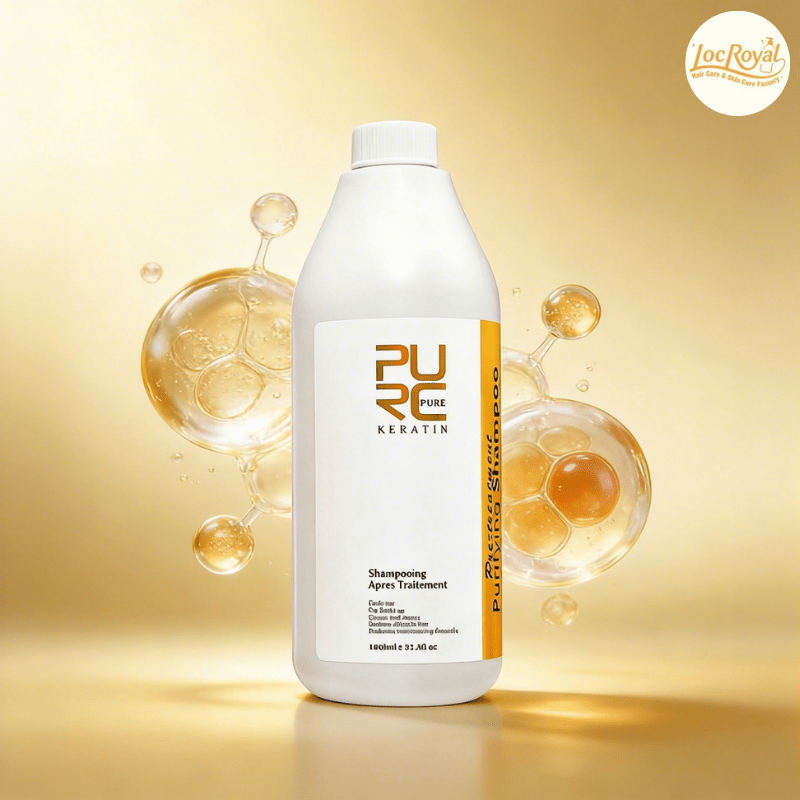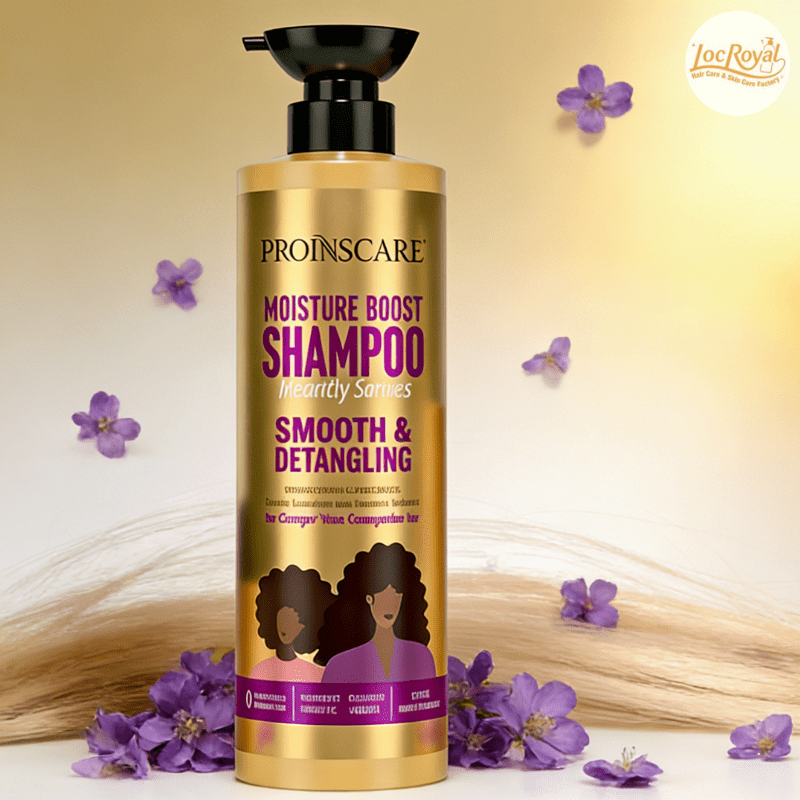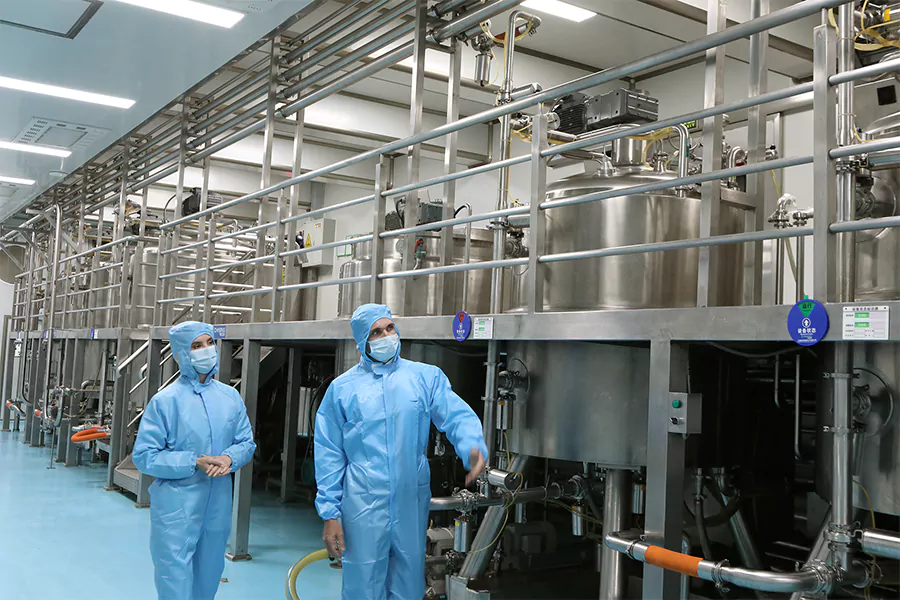It’s great to start a beauty brand on your own. But if you’re partnering with a makeup factory for the very first time, it can be scary. You’re entrusting something you’ve made yourself to someone else’s care—and that’s a big responsibility.
Last year, we profiled 200 companies that flopped in their first Custom OEM manufacturing experience. The result? A whopping 82% failed, not because the manufacturer wasn’t good, but because they never gave the manufacturer a reason to be honest in the first place.
Then how do you not make that mistake?
Easy. Ask more thoughtful questions. Questions that allow you to see red flags before it’s too late. Here are five questions to ask that will steer you toward choosing the right manufacturer for your product—and staying away from those that will put the brakes on your brand.
Shall we begin?
Question 1: “How many units of products similar to mine have you made in the past 3 months?”
This is a more powerful question than it seems. It’s not merely about learning that they’ve made similar products—it’s about ensuring that they’re actually seasoned.
Some companies will say to you, “Oh, we’ve done a lot of that,” but won’t (or can’t) give you actual numbers. That’s a red flag. When you are figuring out how to move forward to choose a manufacturer for your product, ask for documentation. A genuine OEM hair care manufacturer ought to be able to show you recent logs, customer case studies, or at least reference actual volumes.
You could even say that.
What was the success rate? Did the customer reorder?
These follow-up questions can easily tell you if they truly know what they’re doing—or just tell you what you want to hear.
After all, quality control is everything from the manufacturer. If they’ve recently managed projects such as yours efficiently, it’s a good indication you’re in good hands.
Question 2: “What is the maximum hold-up time between sample approval and delivery?”
Assuming your sample is just perfect. Now what? How long before you have your first actual batch?
This question will help you know what your timeline is going to be. Any cosmetics plant will want to sound fast and efficient, but the best ones will let you know the best and worst-case scenarios if they say to you,
“We never delay anything,” that is actually a red flag.
In the real world, something always happens—equipment malfunctions, materials are delayed, and even weather comes into play. A good Private label cosmetics manufacturer will respond with something like, “Typically two weeks, but worst case, three or four weeks.” That’s a forward-thinking partner.
Pro tip: Include a clause in your agreement that imposes a percentage fee for every day’s delay. It is a popular tactic employed by smart brands dealing with European and American B2B cosmetic suppliers who believe in honesty.
This is all about understanding how to select a manufacturer for your product who values your time and your objectives.
Question 3: “Could you show how your traceability product works?”
Assume that you have sold hundreds of units. One of your customers suddenly complains. What do you do?
This is where traceability comes into play. A good quality control process by a manufacturer enables the factory to track every single unit back to its batch—all the way back to the manufacture date. Not all oem hair care factories, however, are ready for that level of responsibility.
Some small businesses may use memory or spreadsheets. That is not adequate.
Rather, ask them:
If you give me a batch number, how long would it take to show me the whole production history?
If they are able to rapidly demonstrate to you detailed information through tools such as MES (Manufacturing Execution Systems) or even blockchain, you’re working with a level-above Private-label cosmetics manufacturer.
These are more prevalent in European and American B2B cosmetics traders who are interested in long-term relationships rather than short-term gains.
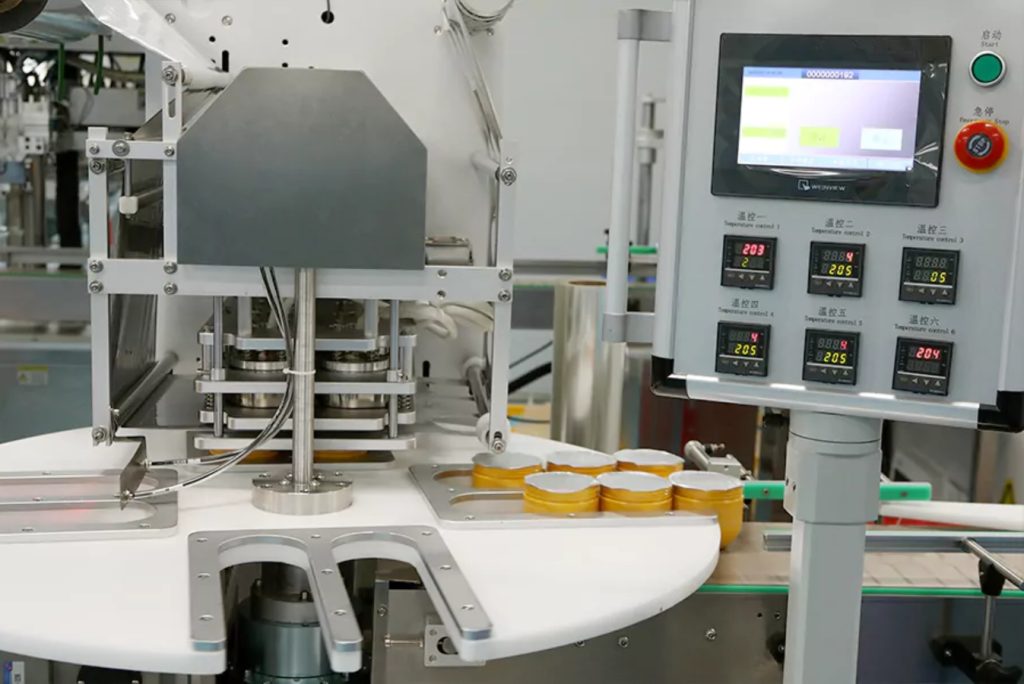
Question 4: “Is the MOQ reducible into smaller sizes? How much is that?”
Some firms try to entice new purchasers with promises of ultra-low MOQs (Minimum Order Quantities). Sounds great, right? But once you’ve committed, you discover that producing in small batches ends up costing you more. Oops, your money’s gone.
That is why you ought to ask for this ahead of time. A clear answer avoids surprise fees—and shows you are serious about being informed about the deal.
An honest cosmetic factory will tell you how much prices will change if production is divided into batches. For example, they will tell you that the unit price goes up or down by 10% depending on quantity.
A good contract would be:
The batch production cost will never be more than 15% of a single production.
This is an important question especially for new businesses who are attempting to determine how to choose a manufacturer for your product without spending your first budget. It is all about being smart and being in charge of your finances.
And it lets you know if you’re working with a flexible, ethical Custom OEM manufacturing partner—or one who only cares about selling you something.
Question 5: “If there is a batch problem, how do you compensate?”
Let’s get real. No manufacturer can guarantee perfection all the time. But the better ones have a strategy for when things do go wrong.
Finally, request them:
If my product is faulty, how do you proceed to rectify it?
If they tell you, “That never happens,” be cautious. A quality OEM hair care producer will not sidestep the problem. Instead, they’ll walk you through their quality control process (like AQL levels), testing process, and what type of redress they offer—refund, replacements, or recall cost reimbursement.
Daring to go a step ahead? Ask:
Can you describe the last time a client had an issue and how it was resolved?
That permits you to reflect on whether what they do follows through on their talk—and if they’re the kind of private label cosmetics producer you’d be comfortable having as your long-term ally.
Conclusion: Trust Begins with Asking the Right Questions
Asking tough questions doesn’t make you difficult to work with—it makes you prepared. The way things actually are, choosing a manufacturer for your product is not a matter of luck or gut feeling. It’s a matter of doing your homework, taking initiative, and making sure that your partner is actually able to produce.
We are committed to total transparency here at LocRoyal Haircare. As a legitimate oem hair care producer, we encourage our clients to pose these very same questions—because we have nothing to conceal. From conditioner and shampoo to serums and scalp treatments, we offer a full Custom OEM manufacturing experience based on transparency and concern.
With strict manufacturer quality control, cutting-edge systems, and sincere dedication to our partners, we’re pleased to be one of the few European and American B2B cosmeceuticals suppliers that encourage the tough questions.
Because at the end of the day, the more you ask, the more you’ll trust—and that’s the biggest secret to building a beauty brand that lasts.
LocRoyal is a professional hair care manufacturer. We have our own brands, ” PURC ” and “PROINSCARE,” and we can offer a private label hair care products customization service.
FAQs
1. What must I check when choosing a manufacturer for my product?
You must pay attention to their past experience with such products, punctuality, and excellent manufacturer quality control processes.
2. What is Custom OEM manufacturing in the hair care business?
It is the procedure of producing bespoke products—shampoos, conditioners, or serums—through a partner factory that manufactures as per your brand standards.
3. What does LocRoyal Haircare provide to new brands?
LocRoyal Haircare supports emerging brands with complete-cycle OEM/ODM services, ranging from customized formulation to packaging design and branding support.
4. Why is cosmetics manufacturer quality control important?
Good quality control ensures that every product is safe, reliable, and performs as intended—this protects your brand and generates customer trust.
5. Can LocRoyal help me launch a new product line?
Yes! LocRoyal has private label programs where you can design your own line of hair care products with your own formulas and beautiful packaging.
6. How do I know if a cosmetics factory is reliable?
Ask for the latest production numbers, ask whether they use traceability systems, and see how they have solved past quality issues.
7. How does LocRoyal maintain high product quality?
LocRoyal adheres to international quality standards and uses the newest machinery to provide consistent quality with every batch it produces.
8. What kinds of products can I produce with an OEM hair care manufacturer?
You can produce shampoos, leave-on treatments, conditioners, scalp serums, etc., depending on what suits your brand.
9. Does LocRoyal offer packaging and design assistance?
Yes, in addition to production, LocRoyal also assists with packaging, label printing, and product display to make your brand stand out.
10. How do I begin doing business with an OEM such as LocRoyal?
Begin by contacting with your business intentions and product concept. LocRoyal will assist you step by step from manufacturing through to delivery.

